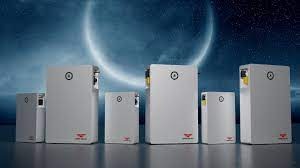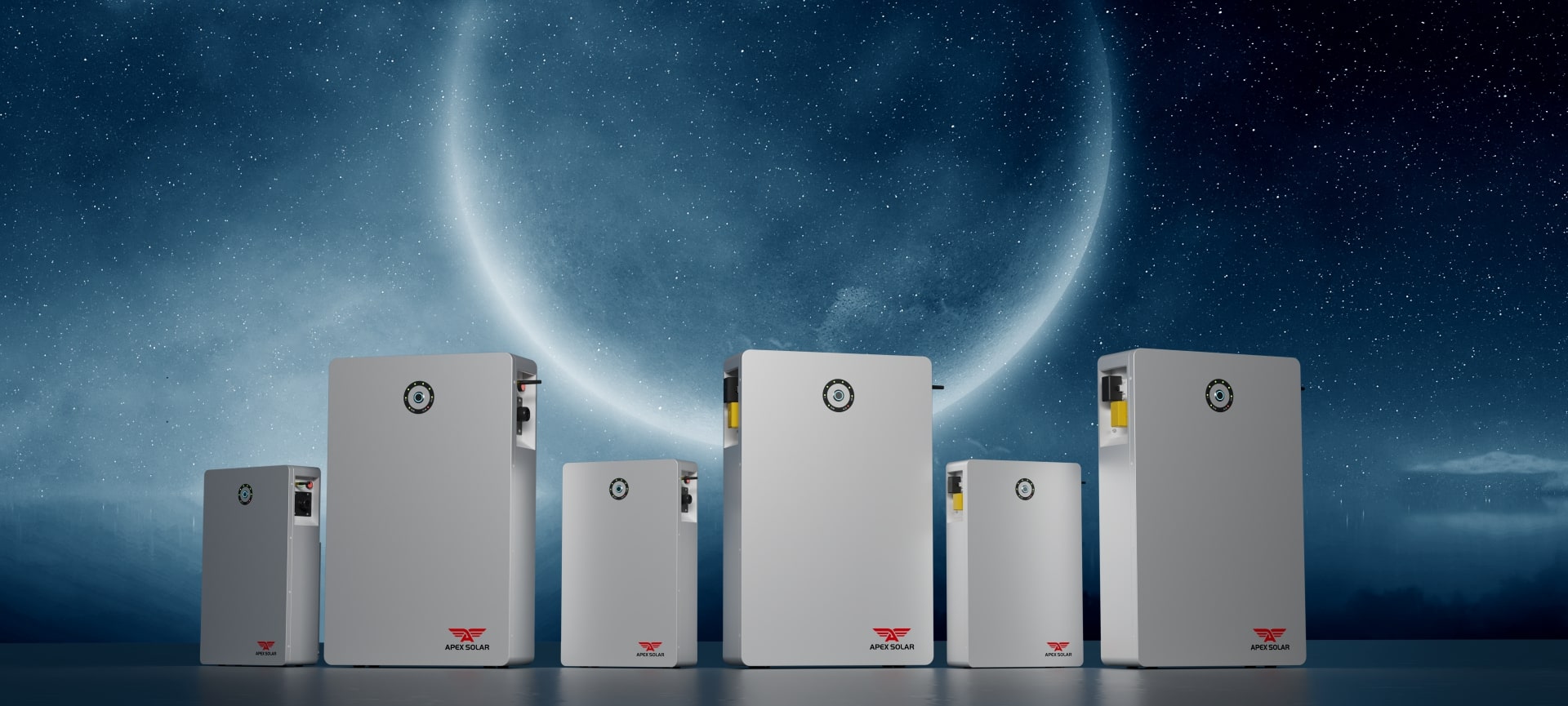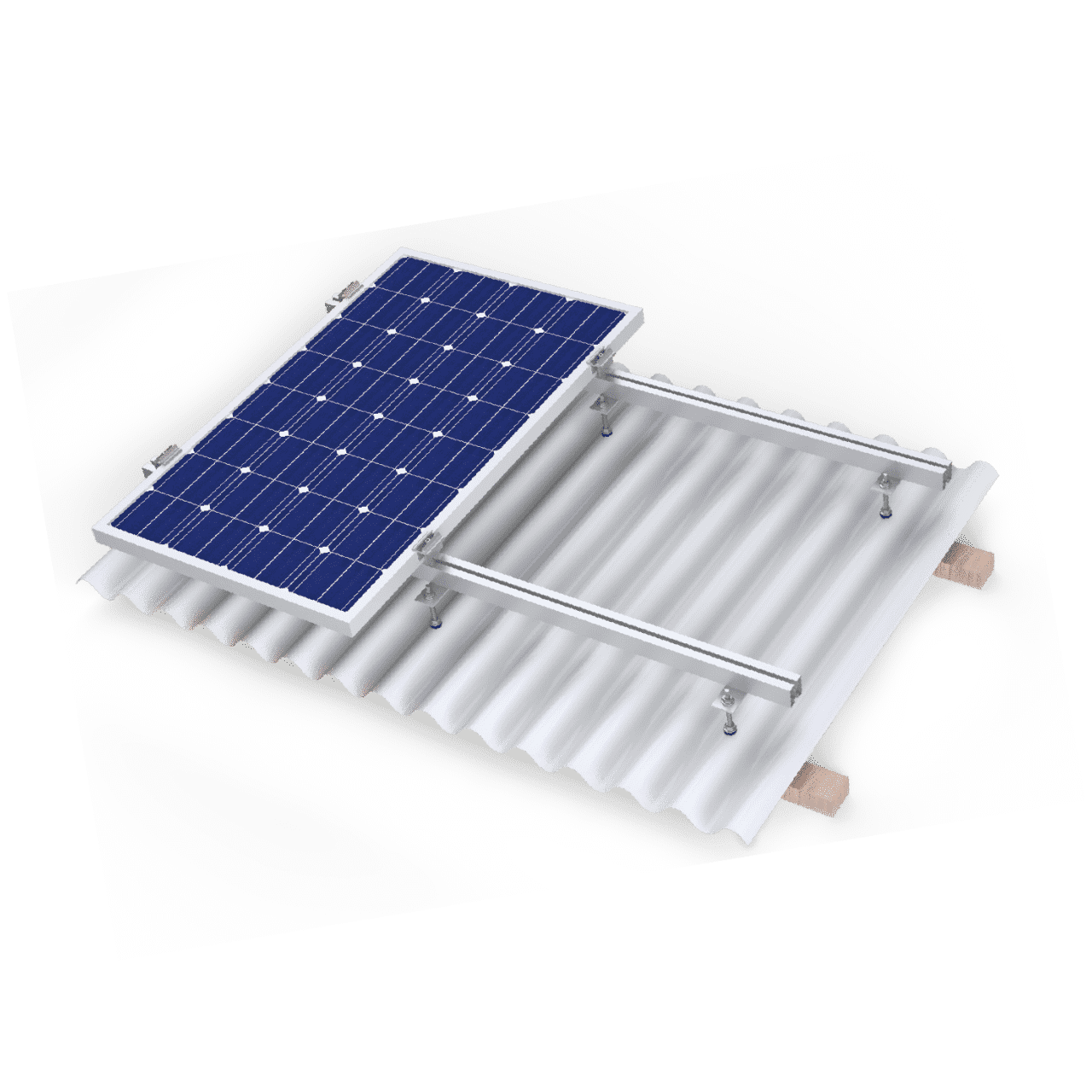Lithium vs Lead-Acid Batteries in Pakistan: Which One Should You Choose?
June 25, 2025

Choosing the Right Solar Battery in Pakistan
With rising energy costs and frequent load-shedding, more Pakistanis are turning to solar systems with battery backup. But one key question remains:
Should you choose a lithium battery or a lead-acid battery for your solar setup?
This blog breaks down the key differences to help you make an informed decision—based on performance, price, lifespan, and local climate.
Quick Comparison Table
| Feature | Lithium Battery | Lead-Acid Battery |
|---|---|---|
| Lifespan | 8–15 years | 2–5 years |
| Depth of Discharge | Up to 90–95% | 50% recommended max |
| Efficiency | 95%+ | ~70–80% |
| Maintenance | Maintenance-free | Requires water top-up & checks |
| Temperature Tolerance | Better performance in heat | Loses efficiency in extreme temps |
| Upfront Cost | Higher initial investment | Lower upfront cost |
| Long-Term Value | More cost-effective over time | Needs frequent replacements |
What Are Lead-Acid Batteries?
Lead-acid batteries are the traditional choice in Pakistan for UPS and solar storage. They’re affordable and widely available.
Pros:
- Low upfront cost
- Easy to find across Pakistan
- Familiar to most electricians
Cons:
- Shorter lifespan (2–5 years)
- Regular maintenance required
- Lower energy efficiency
- Not ideal for deep discharge or hot climates
What Are Lithium Batteries?
Lithium-ion batteries are a modern, high-efficiency solution. Though more expensive, they’re becoming increasingly popular in solar systems in Pakistan.
Pros:
- Lasts up to 10–15 years
- Requires no maintenance
- Charges faster and discharges deeper
- Smaller and lighter
- More stable in high temperatures
Cons:
- Higher upfront cost
- May need a compatible inverter setup
Why Climate Matters: Heat vs Battery Health
Pakistan’s hot summers can cause lead-acid batteries to overheat, reducing their life and performance.
In contrast, lithium batteries are:
- Better at heat dissipation
- Less prone to capacity loss in high temperatures
- Safer and more stable under load
This makes lithium a smarter long-term investment, especially in cities like Lahore, Karachi, Multan, and Bahawalpur.
Cost Comparison in Pakistan (2025 Estimates)
| Battery Type | Average Price (12V, 100Ah) | Lifespan (Years) | Approx. Total Cost Over 10 Years |
|---|---|---|---|
| Lead-Acid | PKR 25,000–35,000 | 2–4 | PKR 75,000–120,000 |
| Lithium-Ion | PKR 85,000–110,000 | 8–12 | PKR 85,000–110,000 |
Even though lithium batteries cost more upfront, they are cheaper in the long run.
Which Battery Is Best for You?
| If You Are… | Best Option |
|---|---|
| On a limited budget | Lead-acid (short term) |
| Looking for low-maintenance solution | Lithium |
| Living in a hot climate | Lithium |
| Running high-powered appliances daily | Lithium |
| Replacing batteries every 2–3 years | Consider switching |
Pairing the Right Battery with Your Solar System
Whether you’re setting up a new solar system or upgrading an old one, choosing the right battery is crucial. At Apex Solar, we guide our customers through every step—from selecting the right battery to installing and maintaining it.
🔗Check out our full services for solar installations, inverters, and energy audits.
Get Expert Advice from Apex Solar
Still unsure whether a lithium or lead-acid battery is best for your needs?
We’re here to help! With years of experience in Pakistan’s solar market, our experts can assess your needs and recommend the ideal solution.
Call us today or use our Contact Form to request a free consultation.
Related Post
Project Inquiry
If you have a project request, please submit the form here and our sales consultant will contact you as soon as possible.



